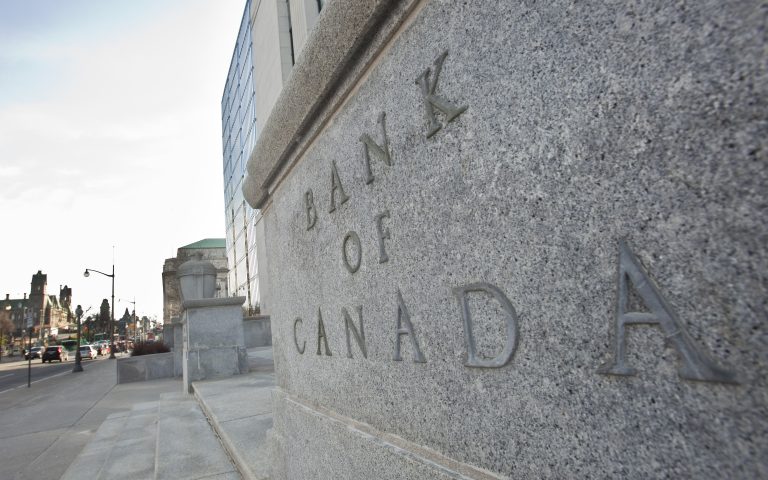Reportedly, Canadian-based financial firms Manulife and Sun Life have been blocking Hongkongers in the UK from accessing their retirement funds.
According to a report by the UK-based human rights organization ,Hong Kong Watch, thousands who possess a British National Overseas (BNO) passport have been blocked from withdrawing their Mandatory Provident Funds (MPF) — a crucial pension fund for Hong Kong residents who were employees of the city.
The amount of funds involved in the case are about 1.5 billion Canadian dollars (US$1.1 billion).
Hong Kong citizens — both employees and employers — must contribute to the MPF system, where their money is kept in trust by several international financial firms including Manulife and Sun Life.
Usually, the MPF is available to anyone who leaves Hong Kong , whether or not they plan to return. However, with a unilateral declaration by the Chinese Communist Party (CCP) to invalidate recognition of the BNO, many of those who left are unable to withdraw their funds.
Success
You are now signed up for our newsletter
Success
Check your email to complete sign up
The report, citing several cases, also claims that some Hongkongers abroad in the UK are worried that they will not receive their funds.
Hong Kong Watch suspects that Manulife and Sun Life are making it worse by bending to Hong Kong’s rules that former residents with BNOs cannot use them as proof that they live abroad.
In a letter by Manulife to one impacted resident in the UK, the bank wrote, “We have also informed you that according to a statement issued by the MPFA on March 10, 2021, scheme members cannot rely on a BNO or its associated visa as evidence in support” of their claims.
“In compliance with this statement and other regulatory requirements, we have therefore requested you to provide us with the supporting documents that show the basis of which your UK residence permit was granted,” the bank added.
Another survey by the organization reported that 90 percent of their respondents living in the UK or Canada have been rejected by the banks, with the reason being that the “BNO visa is not a valid document.”
In yet another report by Hong Kong Watch on Oct. 13, the Hong Kong Independent Commission Against Corruption (ICAC) announced the arrest of 20 people, supposedly caught for using “fake documents and statutory declarations” to withdraw their MPF early.
Other reports also state that several other Hongkoners were arrested through the same means after returning to the city during the summer holidays, with their passports snatched and being forbidden from leaving the country again.
READ MORE:
- The Politics of Evergrande’s Collapse
- China’s Belt and Road Initiative Under Scrutiny Ahead of 10 Year Anniversary
- Family of Washington-based Student Activist Targeted By Chinese Authorities
Warnings surrounding Manulife and Sun Life
Sam Goodman, Policy and Advocacy Director of Hong Kong Watch, said on Oct. 25 that he suspected there were ties between the banks and the Hong Kong government, and alerted the Canadian government asking them to negotiate with Manulife and Sun Life to “resolve the situation.”
“We’re hoping that they don’t do the bidding of a government that is trying to withhold the funds of citizens who want to leave that city,” Katherine Leung, policy adviser for Canada at Hong Kong Watch, said.
“As Canadian companies they should not play a role in what is essentially financial sanctioning of people who have decided that the city isn’t for them anymore,” she added.
According to the Toronto Star, MP John McKay met with Hong Kong Watch to address the case, saying that the firms are “in a tough situation,” and at the mercy of China’s communist government.
“We are not dealing with Canadian law, we are dealing with Chinese law which is whatever President Xi [Jinping] says it is,” he said. “In very stark and simple terms, if you leave, you leave your money behind.”
“It’s pretty outrageous really,” he added.

















